Creating a balanced diet for your pet is essential for their overall health and well-being. Just like humans, pets need a mix of nutrients to thrive, and ensuring they get the right balance can prevent various health issues. This guide explores the essentials of pet nutrition, how to create balanced meals, and tips for maintaining your pet’s dietary needs.
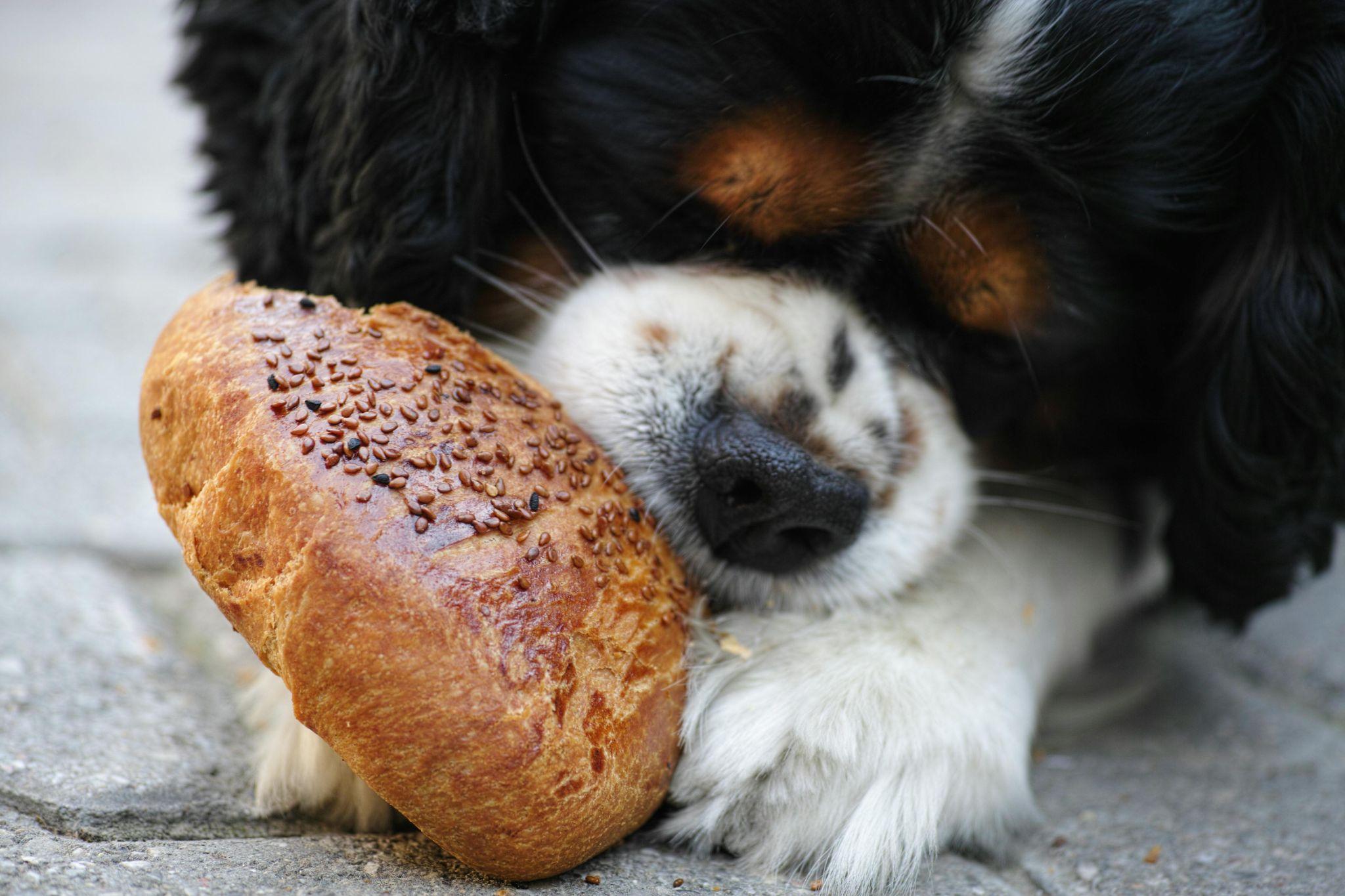
Understanding Pet Nutrition Basics
Before diving into meal planning, it’s crucial to understand the basics of pet nutrition. Pets have specific dietary requirements depending on their species, age, size, and activity level. Here’s what you need to know: https://truepetslove.com/how-to-keep-your-pet-healthy-during-the-summer/
Macronutrients: Proteins, Carbohydrates, and Fats
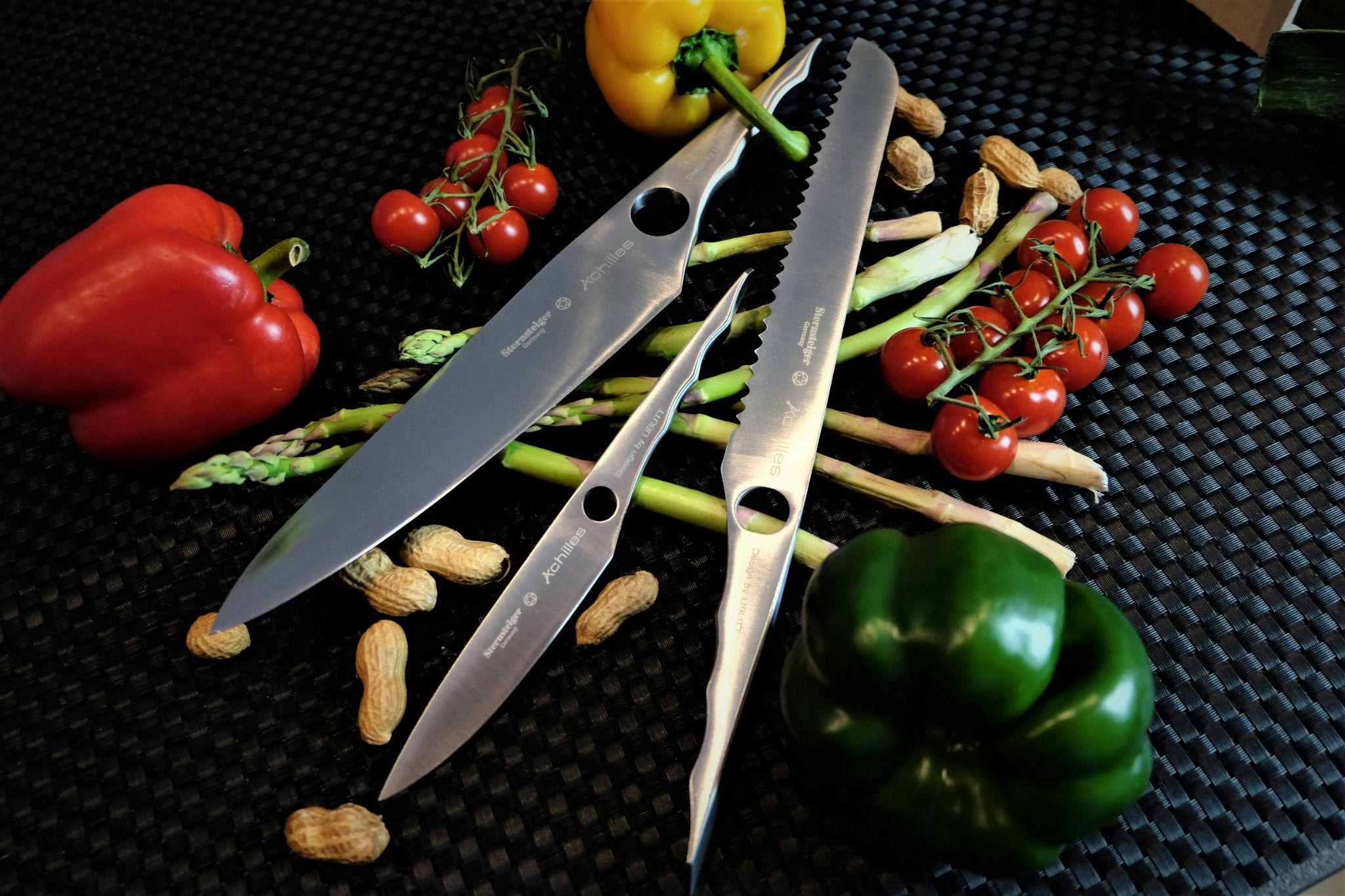
- Proteins: Vital for growth, muscle development, and repair. Ensure proteins come from high-quality sources such as meat, fish, or eggs.
- Carbohydrates: Provide energy and support digestive health. Opt for whole grains and vegetables.
- Fats: Essential for energy and the absorption of fat-soluble vitamins. Include healthy fats like fish oil or flaxseed.
Micronutrients: Vitamins and Minerals
- Vitamins: Crucial for various body functions, including vision, skin health, and immune system support. Ensure your pet’s diet includes vitamins A, D, E, and K, as well as B vitamins.
- Minerals: Important for bone health, nerve function, and muscle contraction. Key minerals include calcium, phosphorus, potassium, and magnesium.
Water: The Forgotten Nutrient

Water is a vital component of a balanced diet. It aids in digestion, absorption, and the elimination of waste. Always provide fresh, clean water for your pet. https://truepetslove.com/product/simple-delux-heat-lamp-bulb/
How to Create a Balanced Diet for Your Pet
Creating a balanced diet for your pet involves understanding their individual needs and ensuring their meals meet these requirements. Follow these steps to craft the perfect diet:
Assess Your Pet’s Nutritional Needs
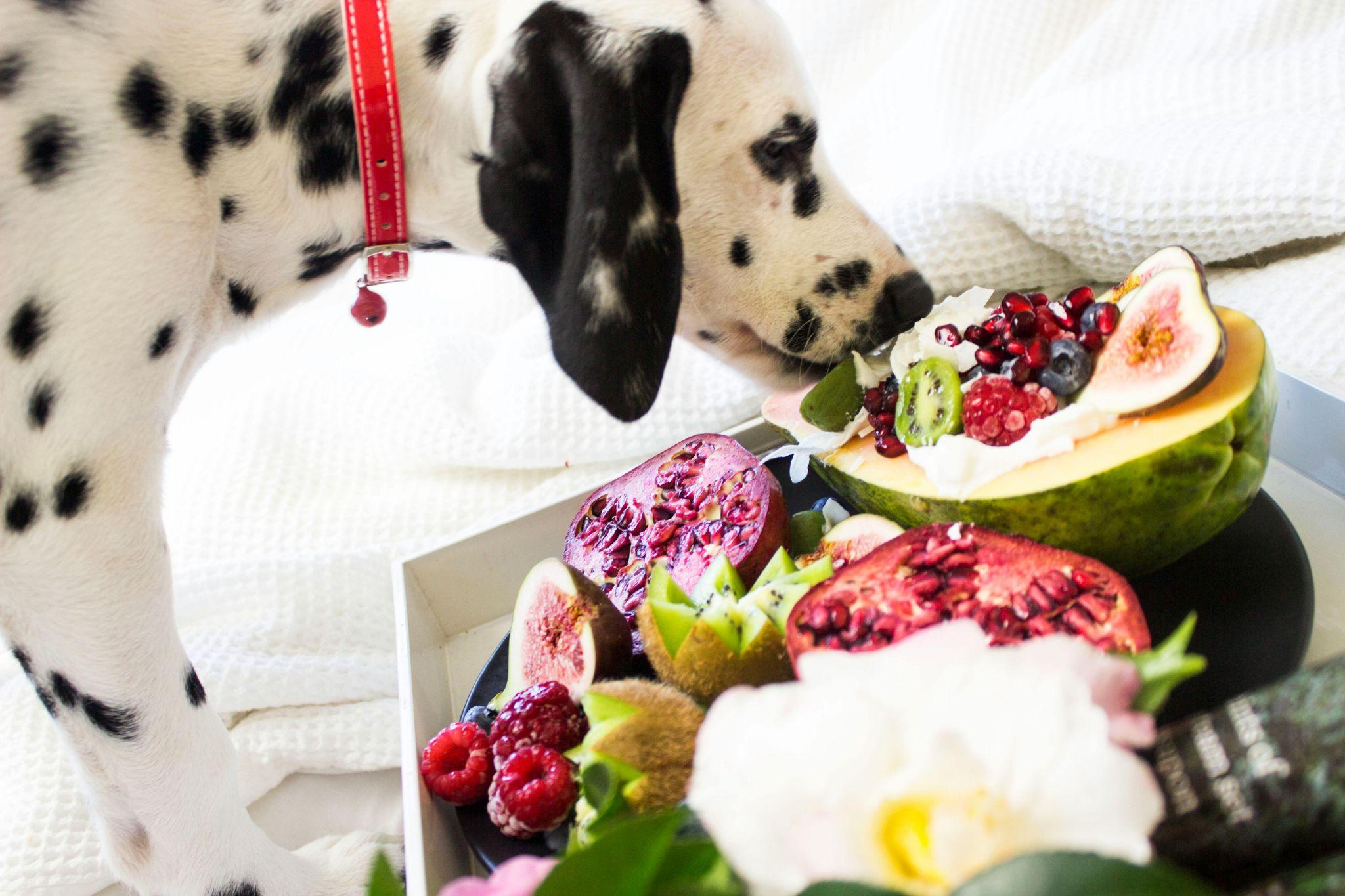
- Species and Breed: Different species and breeds have varying dietary needs. For instance, cats require more protein than dogs.
- Age and Size: Puppies and kittens need more protein and calories than adults. Large breeds might need fewer calories but more joint support nutrients.
- Health Conditions: Pets with specific health issues might require specialized diets.
Choose High-Quality Pet Food
- Look for AAFCO Certification: The Association of American Feed Control Officials (AAFCO) sets standards for pet food. Ensure the food is labeled as meeting AAFCO standards.
- Check Ingredient Lists: High-quality pet foods list real meat as the first ingredient and avoid fillers like corn and soy.
Balance Homemade Meals
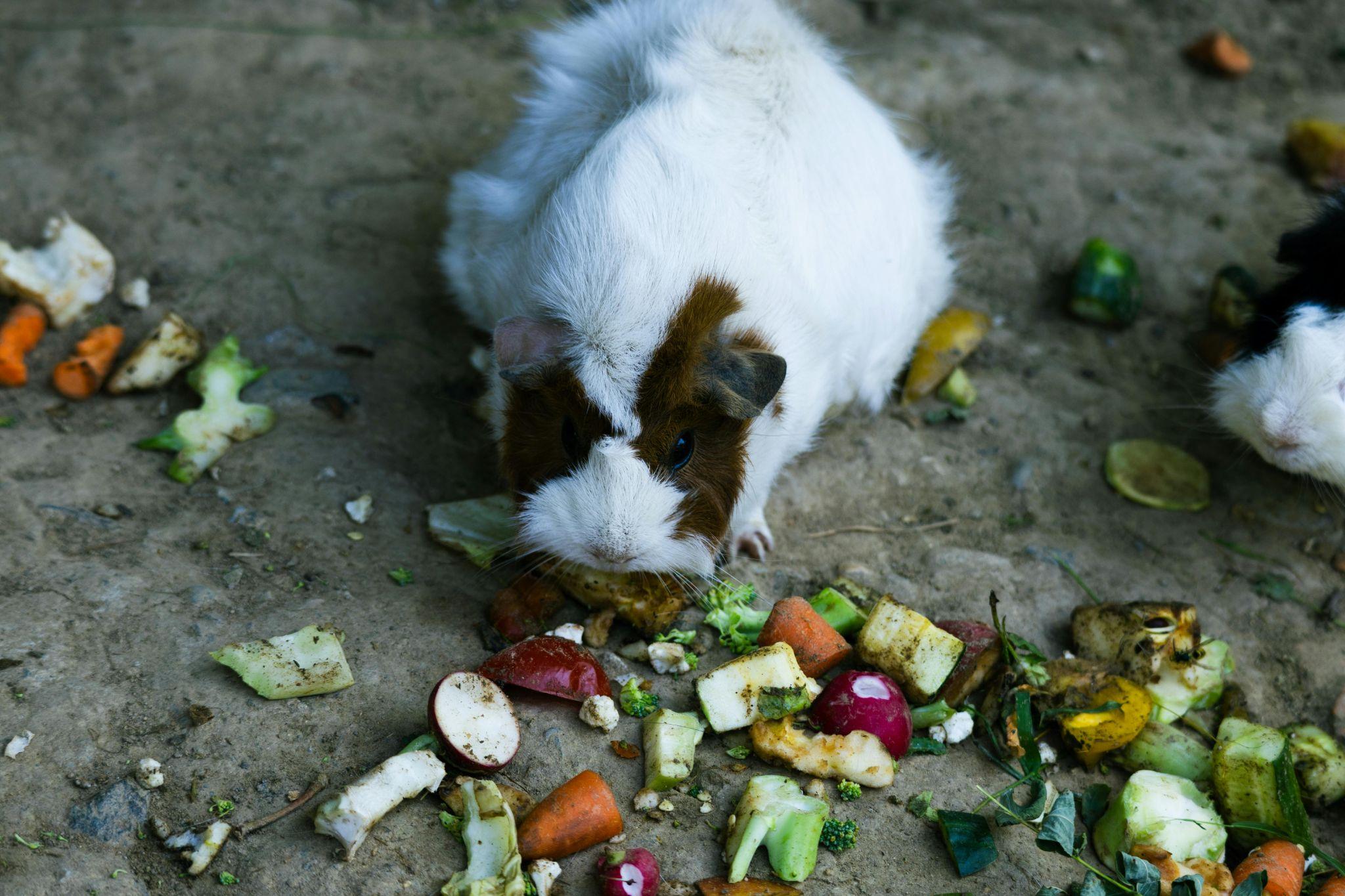
If you prefer to prepare your pet’s meals at home, ensure you achieve a balanced diet by:
- Consulting a Vet: Work with your veterinarian to develop a meal plan that meets all nutritional requirements.
- Using Supplementation: Incorporate necessary supplements to cover any nutritional gaps. https://truepetslove.com/
Sample Homemade Meal Plan
- Protein Source: Cooked chicken or turkey
- Carbohydrates: Sweet potatoes or brown rice
- Vegetables: Carrots or peas
- Supplements: Omega-3 fatty acids and a multivitamin
Monitor and Adjust Diet
Regularly assess your pet’s health and adjust their diet as needed. Look out for signs of nutritional imbalances, such as changes in coat quality, weight fluctuations, or digestive issues.
Tips for Maintaining a Balanced Diet
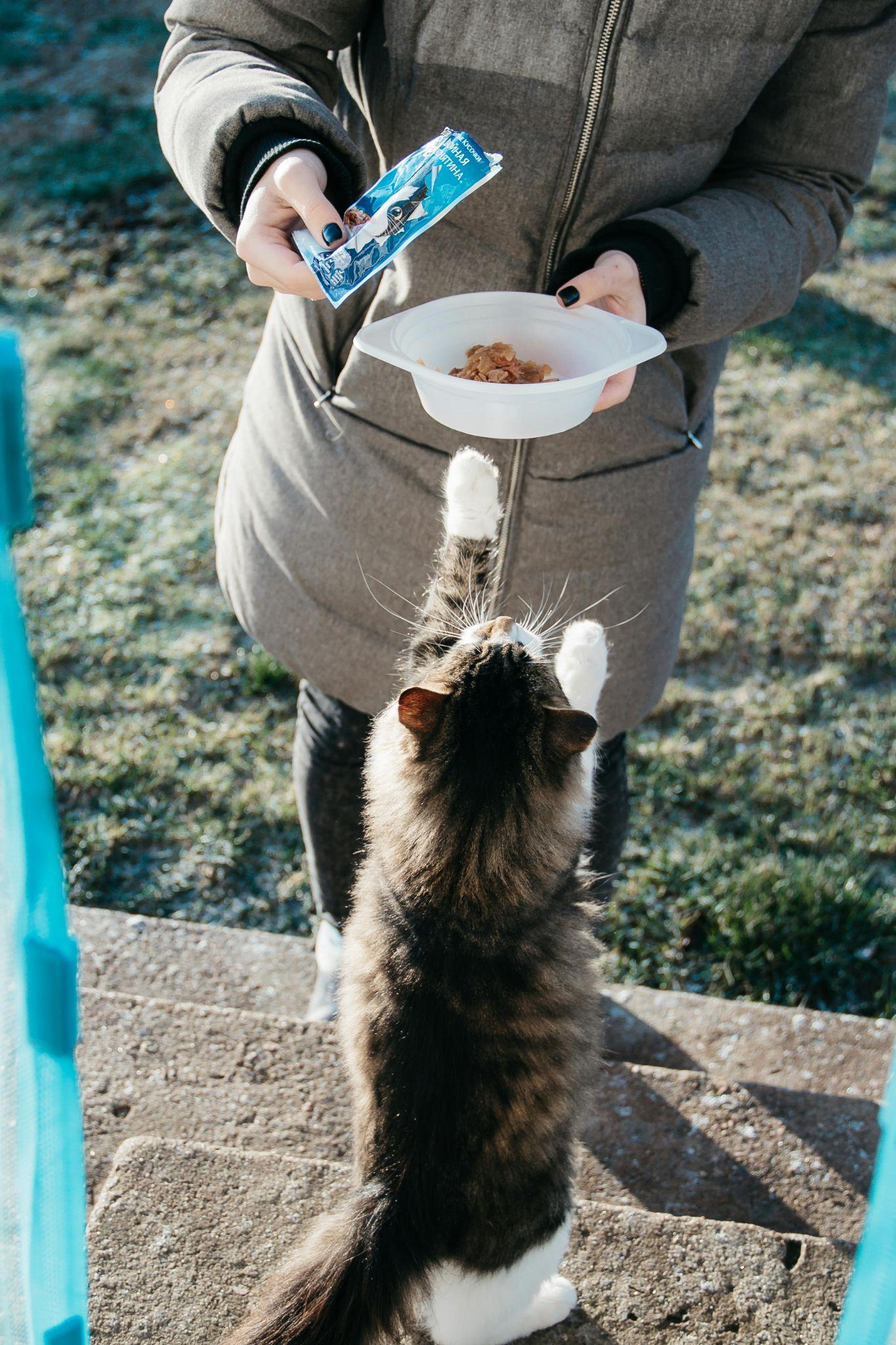
Maintaining a balanced diet for your pet is an ongoing process. Here are some tips to keep your pet’s diet on track:
Portion Control
- Avoid Overfeeding: Follow feeding guidelines provided by your pet’s food manufacturer or veterinarian.
- Monitor Weight: Regularly check your pet’s weight and adjust portions accordingly.
Treats and Snacks
- Healthy Options: Choose treats that are low in calories and high in nutrients.
- Limit Treats: Treats should make up no more than 10% of your pet’s daily calorie intake.
Regular Vet Check-Ups
- Routine Exams: Schedule regular vet visits to monitor your pet’s health and dietary needs.
- Nutritional Counseling: Discuss your pet’s diet with your vet to make any necessary adjustments.
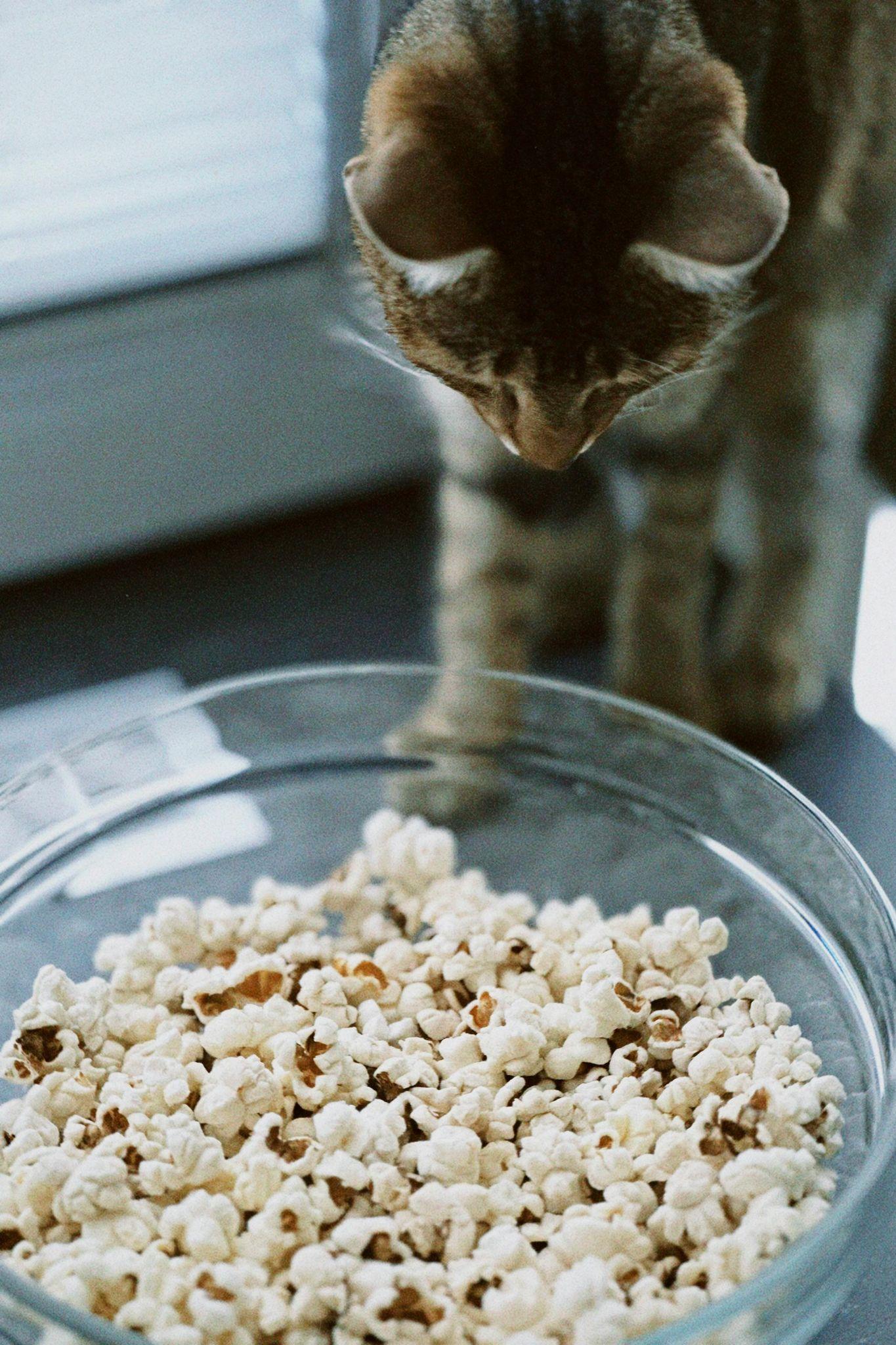
Creating a balanced diet for your pet is crucial for their health and happiness. By understanding pet nutrition basics and carefully planning their meals, you can ensure your furry friend receives the nutrients they need to thrive. Remember to continually monitor and adjust their diet as needed, and always consult with your veterinarian for personalized advice. With the right approach, you can provide your pet with a healthy, balanced diet that supports their well-being and enhances their quality of life.
